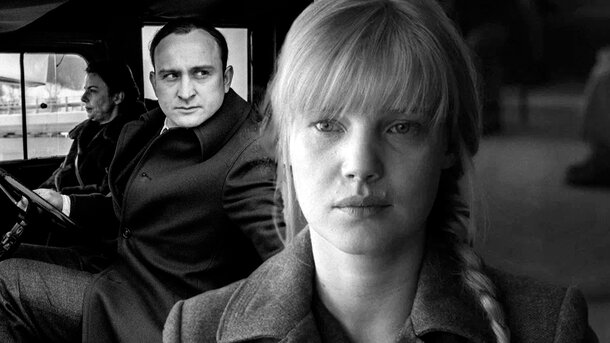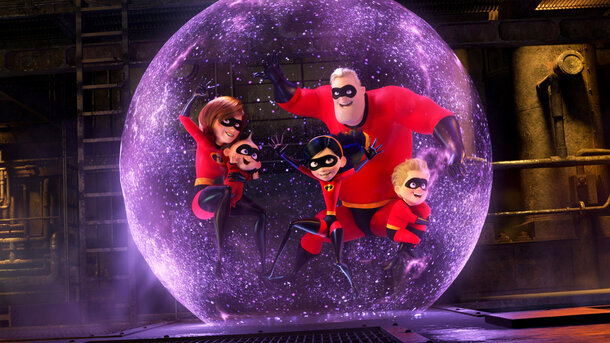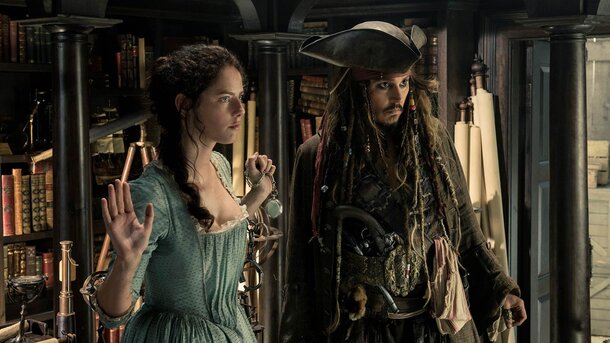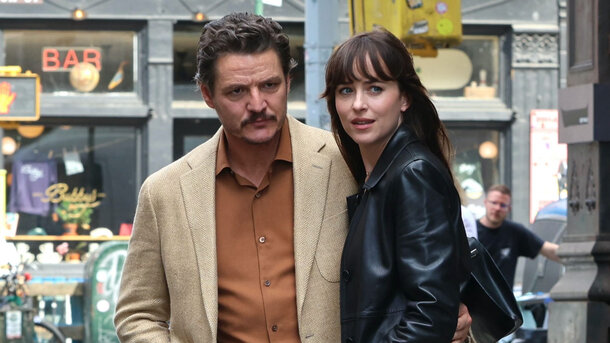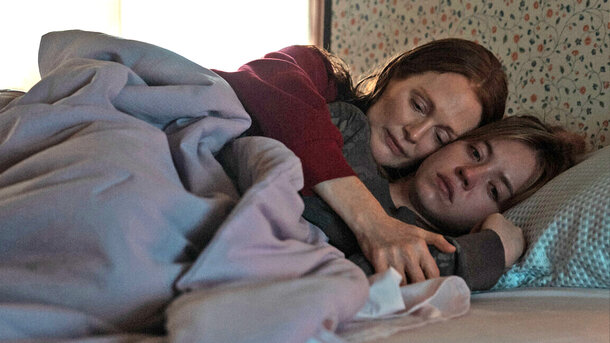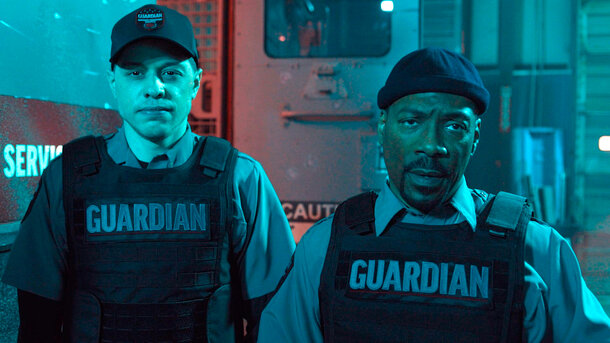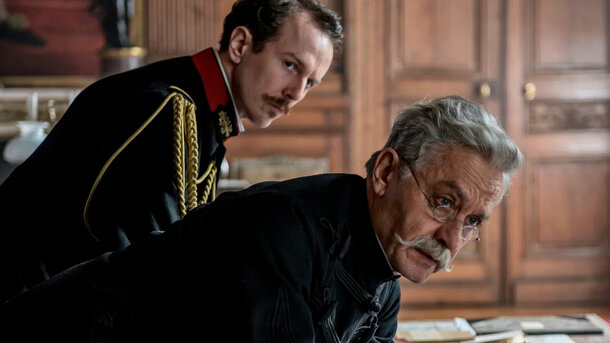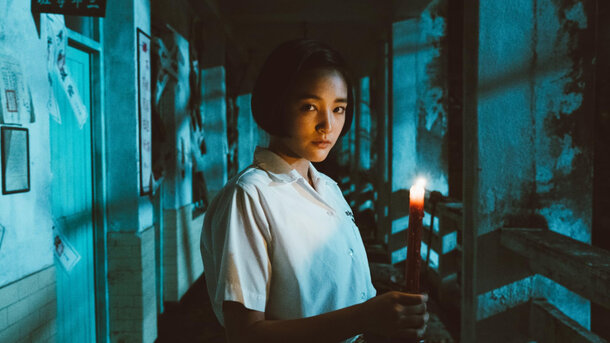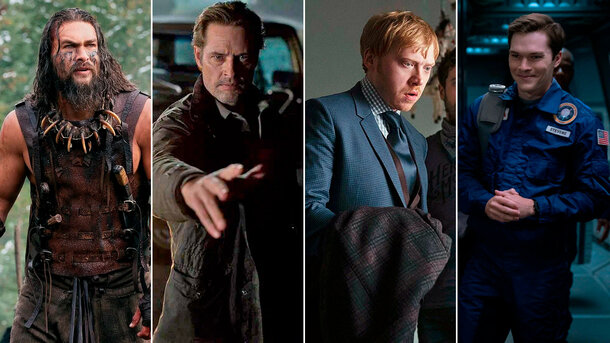Let me tell you, Cold War hit me like an old vinyl crackling out a love song you’ve nearly forgotten — then suddenly remember word for word. It’s not your typical romance, not by a long shot. This Polish black-and-white wonder from Paweł Pawlikowski (Ida) serves a brutal yet breathtaking portrait of love, exile, obsession, and cultural compromise. The kind of story that makes you ache — in the best way.
A Romance Swept Up in History
Set across post-war Poland, Berlin, Yugoslavia, and Paris, Cold War follows the stormy relationship between Wiktor (a brooding composer played by Tomasz Kot) and Zula (Joanna Kulig, radiant and unpredictable), a young folk singer with a past as tangled as her future. They fall in love while working on a state-sponsored music ensemble — but what begins in a rehearsal hall quickly spirals into decades of border-crossing, betrayal, longing, and devastating silence.
Each chapter of their romance is fragmented — jump cuts through years of distance and disillusionment — mirroring the broken world around them. The film never explains too much. It doesn’t need to. The silences say it all.
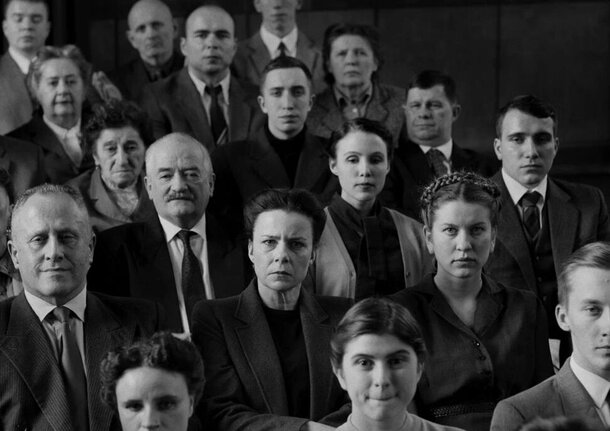
Pawlikowski’s Stark Elegance
Pawlikowski directs with a poet’s restraint. Every frame feels like a photograph torn from a forgotten album. Shot in the now-iconic 4:3 ratio, the film feels boxed in — just like the lovers who can’t ever seem to exist freely. The cinematography by Łukasz Żal (who also shot Ida) is utterly sublime — shadows on cathedral walls, snowy fields, cigarette smoke curling in cramped Paris cafés. It’s visually spare, yet emotionally overwhelming.
There’s not a wasted moment in its tight 89-minute runtime. It whispers more than it shouts, and somehow that whisper echoes louder than most blockbusters ever could.
Performances that Wound and Woo
Joanna Kulig stuns. Her portrayal of Zula is electric — sensual, volatile, magnetic. She sings, she screams, she vanishes, and then she returns like a haunting refrain. Tomasz Kot gives Wiktor a quietly tortured gravitas, his yearning for both Zula and artistic freedom eating away at him. Together, they form one of the most volatile onscreen pairs in modern cinema — an aching dance between passion and punishment.
Audience Reactions: USA vs. UK
British audiences embraced Cold War for its restrained storytelling and nostalgic aesthetic. It found favour among fans of arthouse cinema, with sold-out screenings across independent theatres and accolades from BAFTA voters. In contrast, American audiences were more divided. While critics praised it, general moviegoers found its elliptical narrative a bit too subtle, especially compared to traditional Hollywood love stories. Yet both sides agree on one thing: the visuals and performances are unforgettable.
Final Verdict
Cold War isn’t a film you “enjoy.” It’s a film you endure — and then carry with you. It’s about love that doesn’t fit neatly into lives, borders, or even time. If you’ve ever loved someone too much, or too dangerously, Cold War will strike a nerve you didn’t know was still raw.
Would I recommend it? Unequivocally — especially to anyone who thinks love stories are predictable. Trust me, this one isn't.
